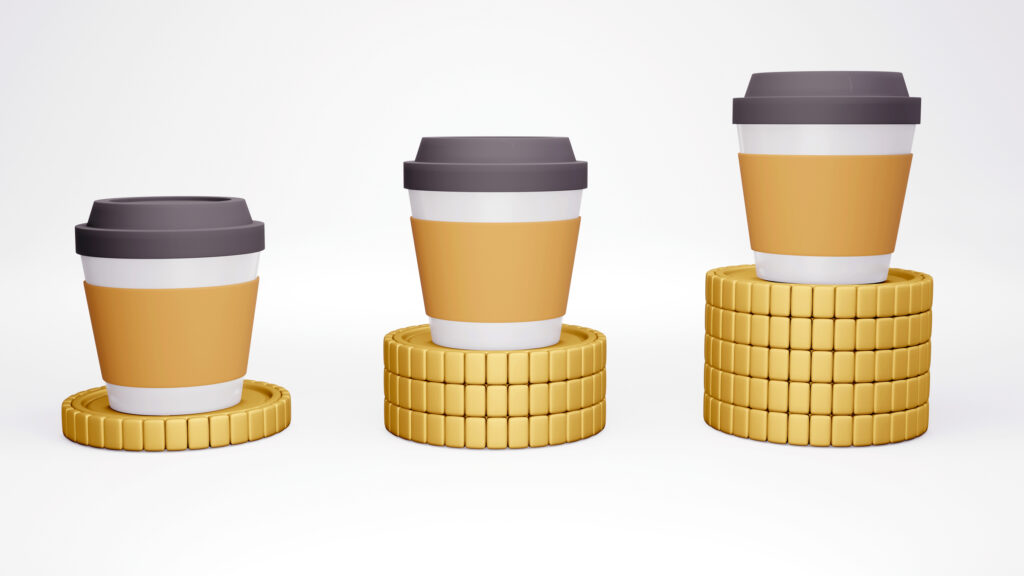What is Inflation?
In simple terms, Inflation is the gradual rise in prices and decrease in purchasing power of the currency.
For example, a cup of tea that cost 10 rupees in 2021 (last year) would be worth 12 rupees in 2022. By comparing 10 rupees and 12 rupees for the same cup of tea in different years, we can see that the purchasing power of the rupee has decreased because much more cash is required to purchase the same cup of tea in a different year.
Why Does Inflation Occur?
John Maynard Keynes, a British economist, is the source of the name and philosophical underpinnings of the Keynesian school of thought (1883–1946).
According to the Keynesian school, inflation is caused by economic forces such as increased production costs or rises in aggregate demand. They distinguish between two kinds of inflation:
Cost-push inflation &
Demand-pull inflation.

Cost-Push Inflation
Broad rises in the cost of industrial inputs produce cost-push inflation. These inputs, which include capital, land, and labor, are essential for products and services. To maintain profit margins, producers must raise the price of their goods and services when the cost of these elements rise.
Increases in commodity prices, such as petrol, Have a Big Impact on customers’ wallets. People must commute to work, pick up their children from school, and shop for groceries.

Demand-Pull Inflation
Demand-pull. When aggregate demand exceeds aggregate supply, inflation arises.
Consider a popular product with a high demand that exceeds the supply. The cost of the product would rise. According to inflation theory, if the aggregate -demand exceeds aggregate supply, the price will increase across the board.
Why Should Inflation Be Addressed?
When it comes to returns, every investor must consider inflation. If your investment returns do not outperform inflation, the investment has lost value over time. The government prefers a small amount of inflation because it keeps money moving and the economy developing.

How Can We Combat Inflation?
Market economies experience inflation, but investors can prepare for it by investing in asset classes that typically outperform the market when inflation is high.
- Gold, commodities, and various real estate investments are common anti-inflation assets.
- A stock/debt portfolio is a secure, tried-and-true combination in a conservative portfolio.
Bottom Line
Last – but not least, keep your financial planning consistent, prepare for the future, and work to safeguard your savings from inflation.

